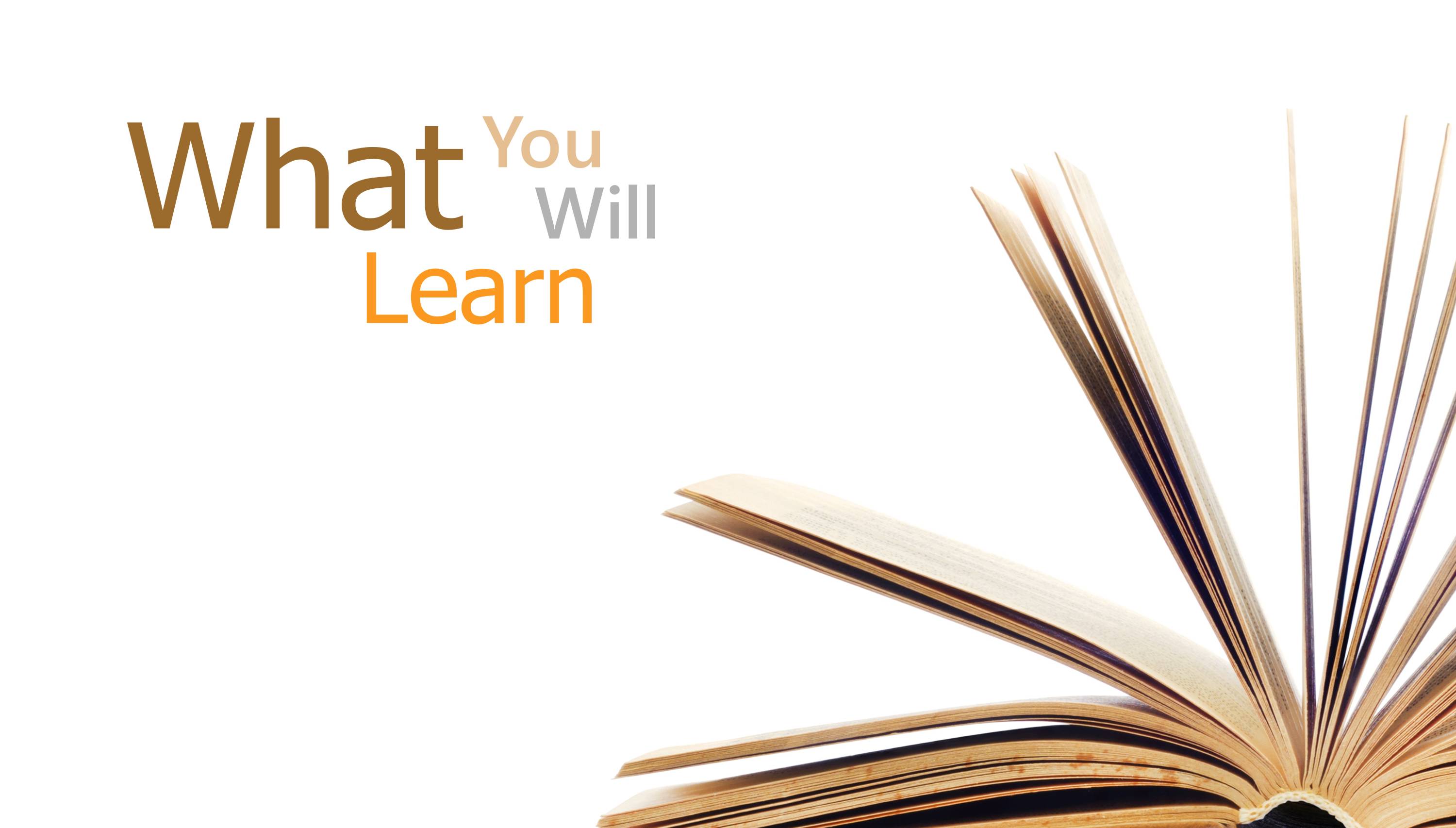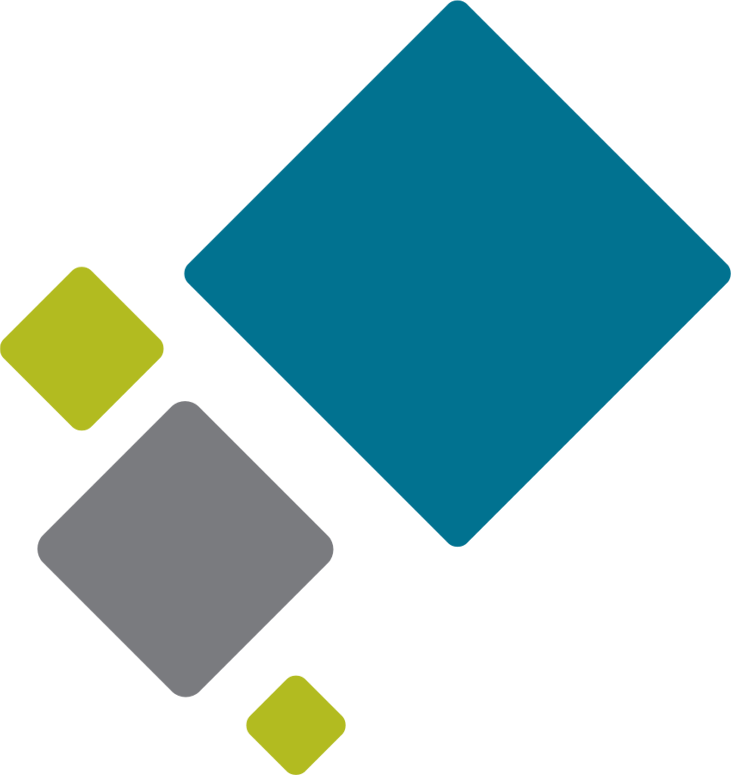
The Plain Language Approach to Writing
It’s frustrating when a carefully prepared document fails to convey its intended message. Requests for clarification and follow-up questions can highlight communication gaps, creating additional work and stress. If you’ve experienced this, you’re not alone. Many people find it hard to write clearly, especially if they were taught that formal, jargon-heavy writing sounds more professional.
Unclear writing creates real challenges for organizations. Documents that use complicated language slow down decisions, frustrate readers, and damage credibility. Most readers skim, especially in the workplace, and if writing is too dense or disorganized, key messages can be missed or ignored. When content is hard to follow, people may simply stop reading. Also, in Canada, nearly half of adults have literacy skills below a high school level, so accessible writing is essential.
Plain language helps solve these problems. It means writing that is clear, concise, and easy for your intended audience to understand on the first read. When messages are easy to follow, organizations save time, reduce confusion, and strengthen relationships.
This workshop offers practical strategies to make your writing clearer and more effective. You’ll learn to focus on your reader’s needs, write strong sentences, and organize information in a way that makes sense. You’ll also work with your own documents, get feedback, and participate in hands-on exercises to help you apply your knowledge.
By the end of this workshop, you’ll be able to write documents that are easier to read and more likely to be understood. Clear writing reduces confusion, supports better communication, and builds trust with your readers and within your organization.

- Apply language techniques that improve clarity and make your message easy to understand.
- Remove jargon and unnecessary words that make your message harder to follow.
- Use plain language to connect with your reader and improve accessibility.
- Write clear sentences that express your ideas accurately.
- Write paragraphs that are easy to read and stay focused on the message.
- Format documents so the information is easy to find and follow.

This workshop is for anyone who wants to make their writing easier to understand. Whether you're writing emails, reports, or policies, this session will help you remove barriers to communication and reach more people with your message.
You should attend if you
- Receive regular follow-up questions or requests for clarification on your written documents
- Feel unsure about how to simplify complex ideas without sounding too casual or “dumbing it down”
- Want to reduce jargon and increase understanding across diverse audiences
- Are responsible for writing content that needs to be clear to clients, colleagues, or the public
- Work in roles where effective communication supports better decisions, efficiency, and inclusion
- Are interested in building credibility and trust through writing that is easy to read and act on
You’ll leave with practical tools and a clear process you can apply to your everyday writing. Whether you’re revising old content or creating something new, you’ll be able to write with more clarity and confidence.

This hands-on workshop gives you opportunities to simplify complex information and adjust your writing for clarity and readability. You’ll work through real examples, participate in peer feedback, and use structured tools to revise for purpose, audience, and tone. Activities focus on practical application so you can see the impact of small changes in real time.
You’ll also take away a practical workbook with tools, examples, and checklists to use back on the job.
Workshop activities include
- Reviewing documents for clarity and accessibility
- Rewriting sentences and paragraphs in plain language
- Applying readability tools and checklists
- Practising word choice, structure, and tone adjustments
- Participating in peer feedback and small group editing
- Creating a plain language action plan for future use





